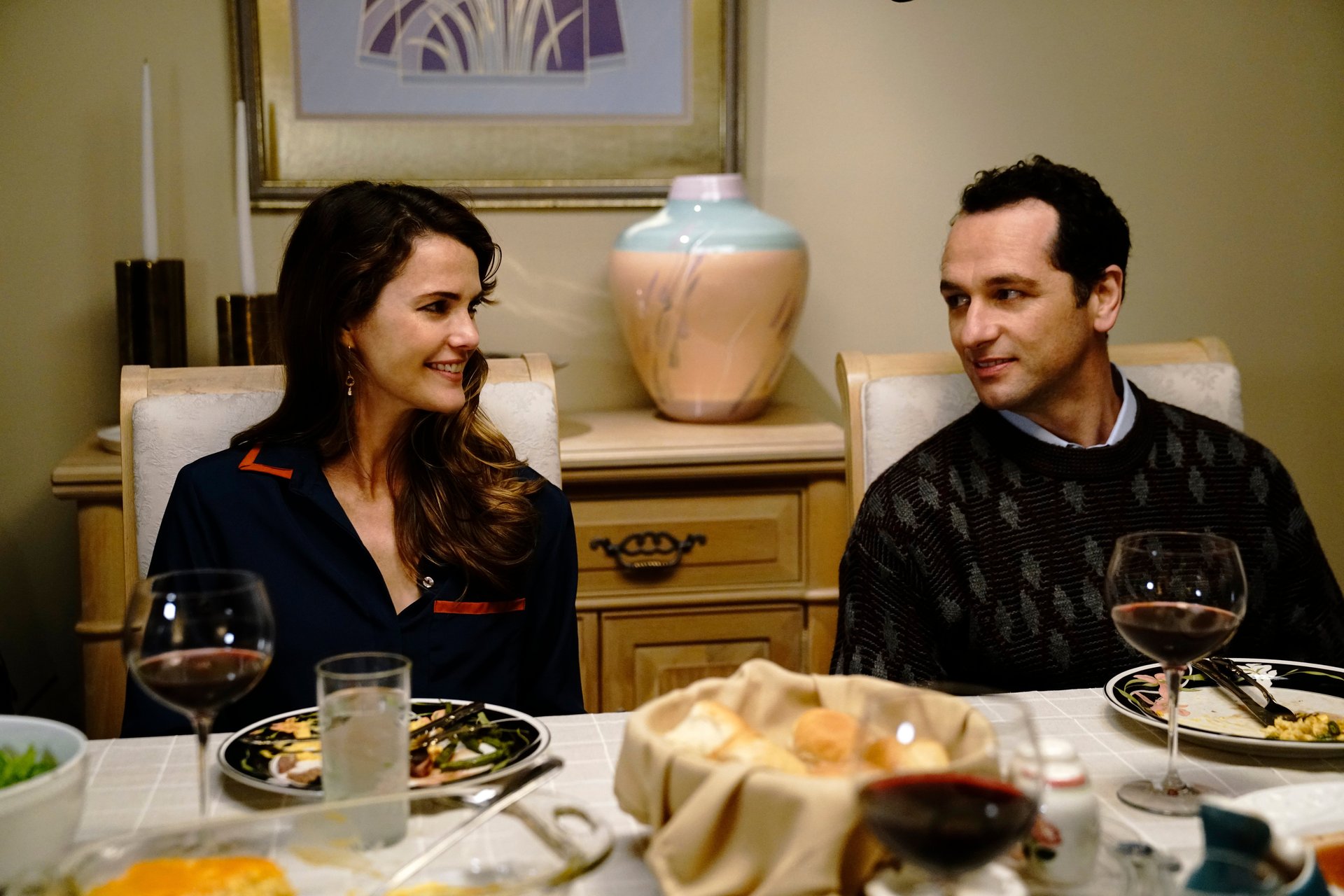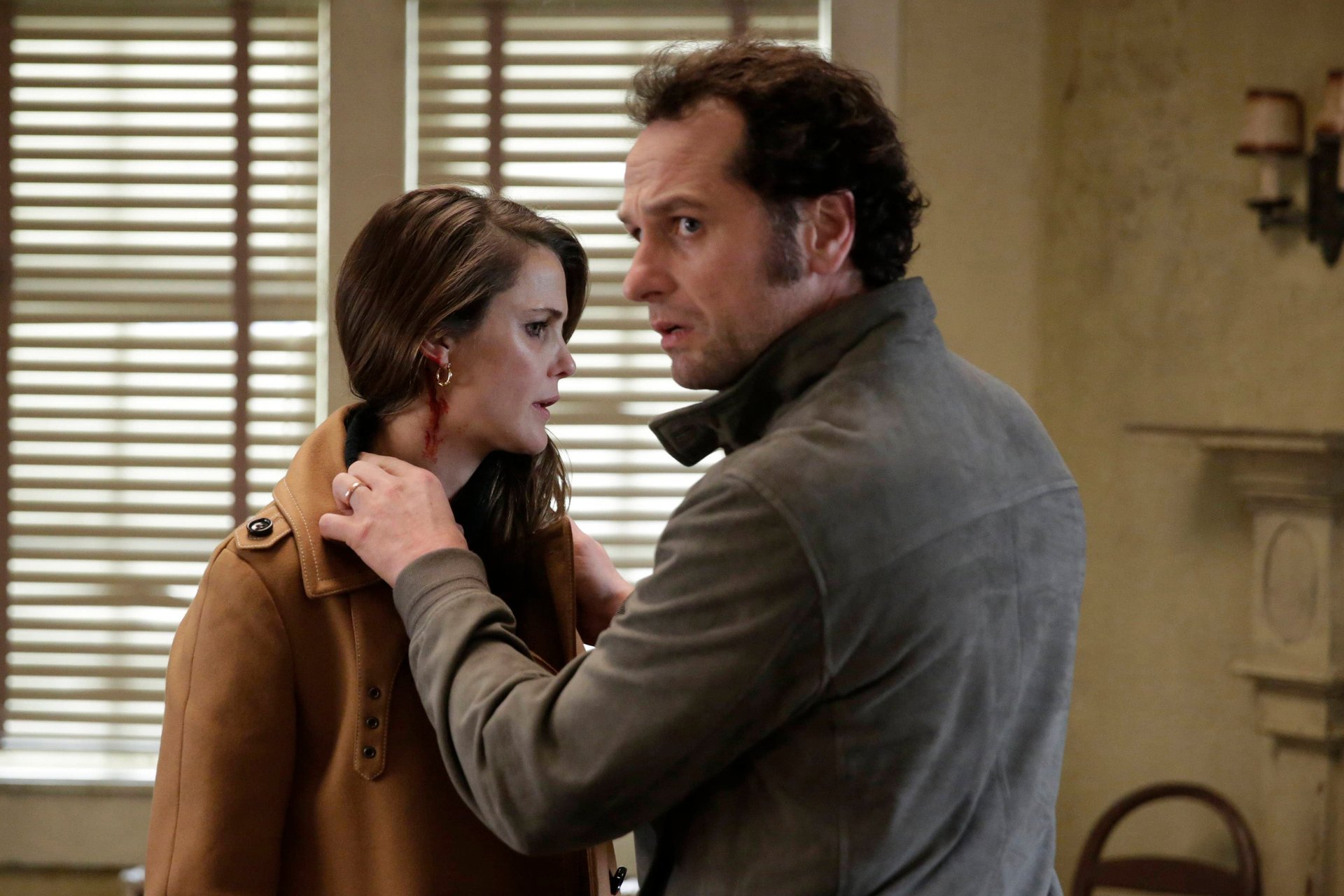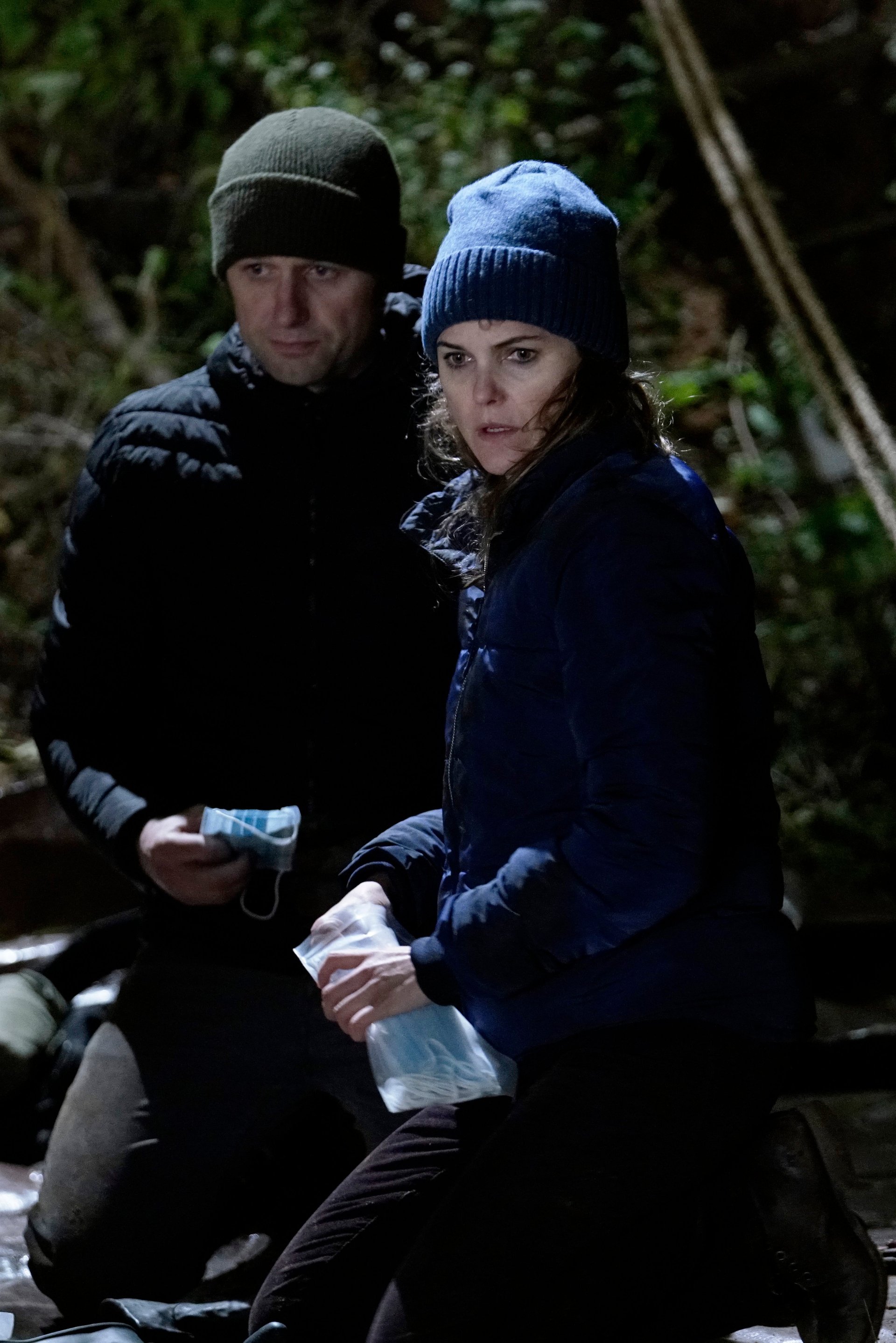“The Americans” is the most profound show about marriage on television
Many years ago I was talking with a friend about love. Even at its best, he said, there is always a slight undercurrent of sadness in a marriage, a dark irony that undergirds everything, because you live with the knowledge that eventually you’ll both die, and that it’s very, very likely one of you will be left to live without the other.


Many years ago I was talking with a friend about love. Even at its best, he said, there is always a slight undercurrent of sadness in a marriage, a dark irony that undergirds everything, because you live with the knowledge that eventually you’ll both die, and that it’s very, very likely one of you will be left to live without the other.
Heavy, I know, and dark, but not untrue. I think about that conversation every time I watch The Americans.
Yes there are amazing costumes and sexy spies, and if you were a child during the 1980s, The Americans, which returns to FX this week for its sixth and final season, will remind you of things you didn’t know you had forgotten. It’s a fascinating lens for revisiting the Cold War and Reagan era, and based on real Russian spies. At its core though, The Americans is about marriage.
The premise, and there are some mild spoilers ahead, is that Elizabeth and Philip Jennings are Russian spies, posing as a typical American family in the DC suburbs. They run a travel agency and have two children, Paige and Henry, who have no idea that their parents are sleeper agents specially trained to blend in and gather intelligence. During the first season I struggled to connect with the show on a level deeper than the excellent 80s set design and costumes. My biggest question was, why are we meeting the Jennings at this particular moment in time? When we meet them it’s 1981, and it seemed to me that their early spy years in the US in the 1960s, during a time of intense social change and upheaval, would have made for more dynamic television.
After five seasons with Elizabeth and Philip that question has been answered: we met them at a tipping point in their marriage, when they realize that despite years of pretending otherwise, they are just co-workers, not romantic partners, and that this makes them both profoundly unhappy.

The extraordinary circumstances in The Americans amplifies the mechanics of the Jennings marriage, but it certainly doesn’t take the pressure of a covert life for a couple arrive at the same place they do. Having children is hard. Running a family while making a living takes a lot of work, even when you’re not balancing that with trying to steal state secrets or hack a FBI mail robot. Philip and Elizabeth truly have almost no one else to whom they can unburden themselves, and the claustrophobia of their isolation will ring true even for those who aren’t being hunted by the CIA—it’s said to be one of the defining characteristics of the modern nuclear family.
The Jennings were not a married couple who signed on together; they were matched by their handlers, and married as part of the job. In season one their pairing is dutiful, workaday. Elizabeth often drips with contempt, the one trait many social scientists seem to agree is most pernicious in relationships. They’re both talented spies, but are very different people. She’s a true believer in socialism, an idealistic warrior. He’s searching for something, for love of country, or family, or the IROC-Z Camaro he drives (not until season two), or to reconstruct an identity that was lost, or maybe never formed, in the privation and chaos that followed World War II.
The lusterless quality of their relationship is a hard sell for a first season. More than with maybe any other show, I’ve heard other viewers say they felt The Americans was just kind of “meh” and didn’t return to it. But there are subtleties about the Jennings’ relationship when we first encounter it that make it a more interesting and important portrayal of marriage than would, say, one characterized by the extremes of falling in love or divorce. They are at a turning point that happens in many marriages, when it is not quite right, and must flex and shift to accommodate change, in circumstances, in the world around us, and in each other. These shifts, and the ability to navigate them well, are what keep marriages alive for the duration.
When the show starts, Philip and Elizabeth look at each other and wonder if, after more than a decade of spycraft and household chores, after two kids and an unknowable bodycount, they could fall in love for the first time. Over the course of the first two seasons, they do.
This is far more universal than their dramatic circumstances would suggest. Even with the advantage of picking our own partners, we simply aren’t the same people after a decade or two, after children, the loss of a parent, a significant illness, a radical career shift, or a move to a new city. The moment we meet the Jennings isn’t so different from looking across the sippy-cup strewn dinner table at your husband who more often ends up sleeping in your toddler’s room to ward off nightmares than in the bed you used to enthusiastically share, and wondering if you’d still fall in love if you met at this moment in your lives. The Americans makes the case that it doesn’t matter, that the real question is, how can you connect now that you are two different people than when you started?
As we head into the sixth and final season they, and we, return to this question.

Because this is a period drama, we as viewers have a strange sense of historical omniessence, access to clues about the likely trajectory of the narrative. The looming end of the USSR functions as a reminder of that dark quality of mortality that courses through even the best marriages. The threat of separation hangs over The Americans in a way that just isn’t present in other great television marriages, like Coach and Tami Taylor from Friday Night Lights, or Dan and Roseanne Conner. It’s hard to believe that the Jennings can end the series together, given the beating heart of the show and the nature of marriage itself.
Last season, the penultimate, the Jennings looked so, so tired in every scene (perhaps partly a side effect of Matthew Rhys and Keri Russell, who are married in real life, having had an infant during filming). Philip and Elizabeth grappled with the moral and personal destruction wrought by their work, and drew closer. While it had a plodding quality, I didn’t miss the plot-driven tension and tight pacing from the meaty core of seasons two, three, and four. I found every moment with the Jennings in season five profoundly sad in a way that made me appreciate the intractability of their situation, and want to soak up every minute of them together on screen.
As our time with the Jennings draws ever shorter over the course of this final season it feels unreasonable to expect that they’ll both make it out alive. Even if they do, this moment will pass and some part of their life will be ruined by whatever comes next, whether they return to Moscow, or stay and continue to face constant danger. I almost can’t bear to watch, but of course, I will.